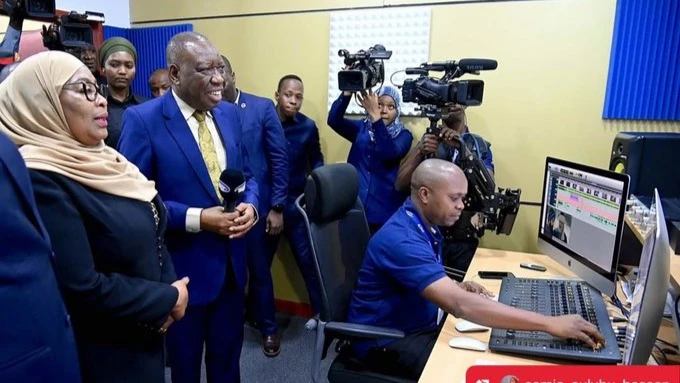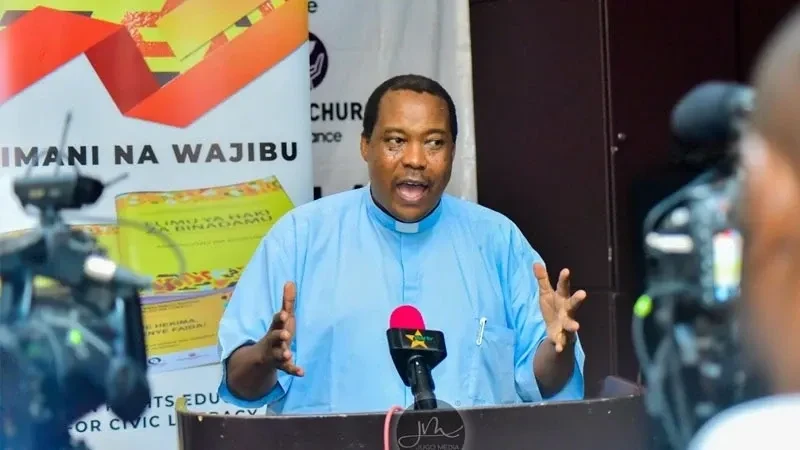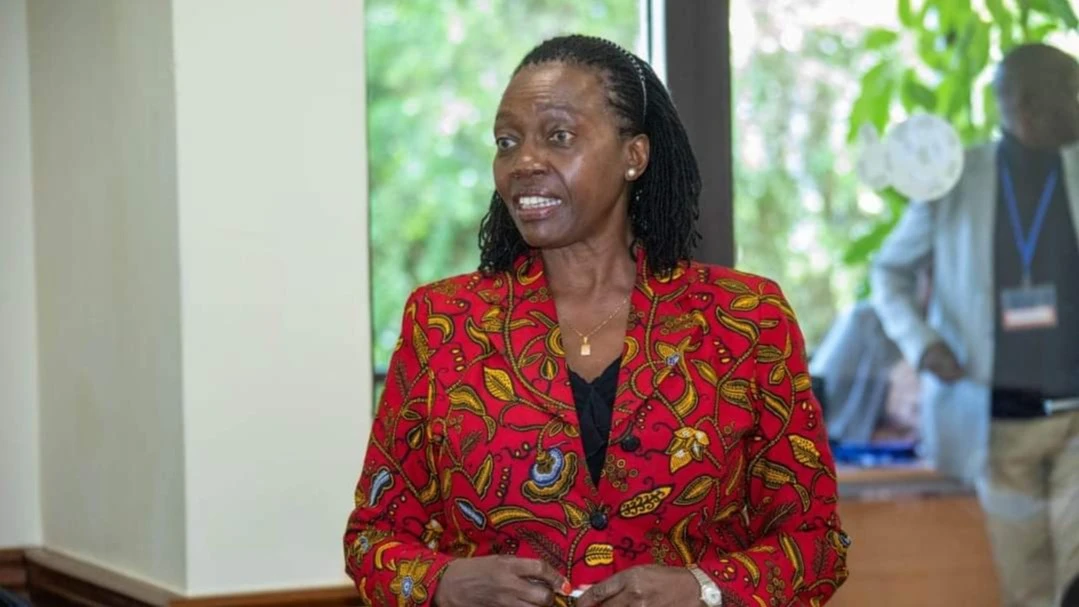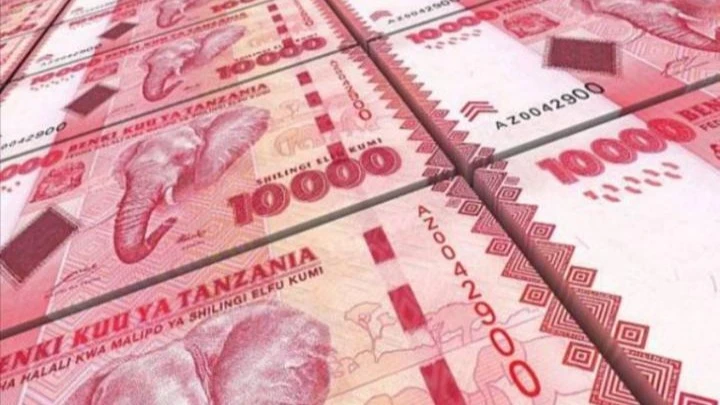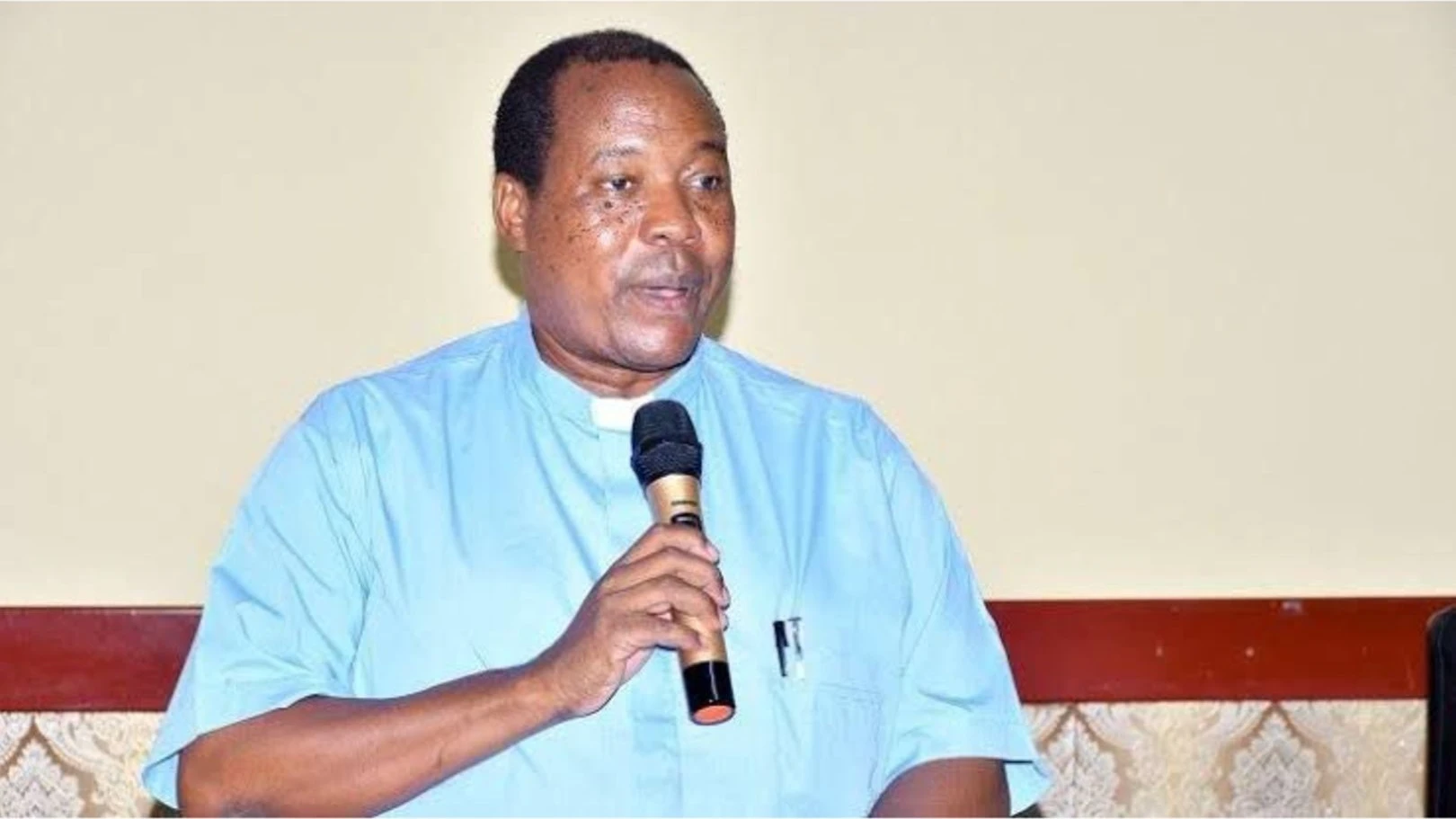Pundits dispute Martha Karua’s visits to defend opposition leaders in courts
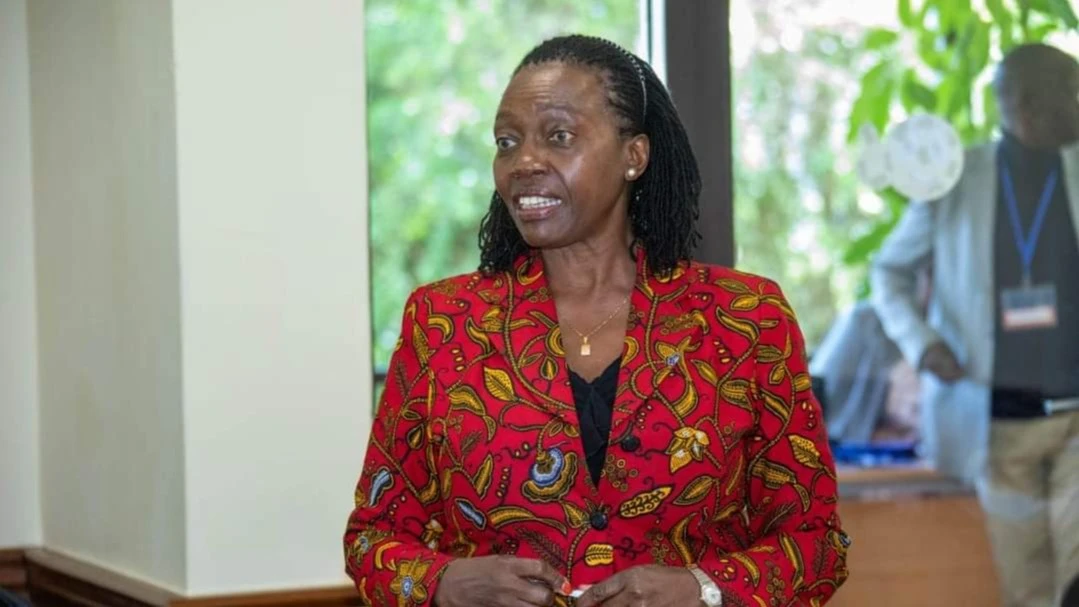
KENYAN opposition leader and preannounced presidential candidate in the next general election in Kenya has struck controversy by visits to Tanzania and Uganda, to seek a role to defend beleaguered opposition leaders in court.
The respected former cabinet minister and running mate to ex-premier Raila Odinga’s latest presidential bid in 2022 was in Dar es Salaam when the case concerning Chadema national chairman Tundu Lissu was mentioned and adjourned, following disputes over hearing the case online.
Karua vehemently protested before various media organs that a case with intense public interest as the Lissu treason charges cannot be listed for online hearing, except as a method of privileging his incarceration over public hearing of arguments for and against the charges facing him.
The Kenyan advocate has since been to Kampala to assist in legal tangles related to youthful opposition leader Robert Kyagulanyi also known as Bobi Wine, with her efforts having been pushed by Kenyan police facilitating arrest of Kizza Besigye, the veteran and ailing Ugandan opposition leader.
He was arrested in Nairobi last November 16 where he had gone to attend an event organised by Martha Karua, which occurred as an abduction rather than lawful arrest, sparking widespread criticism all over the region and well beyond.
There was some disputation on an international radio channel where some ruling party supporters were saying disparagingly that the Kenyan advocate try and occupy herself with the many issues related to what is happening in Kenya, instead of interfering in the politics of neighbouring states.
Critics all the same found this view short-sighted as it fails to take note of the fact that the East African Community has organs cementing regional political participation, including establishing the East African Legislative Assembly (EALA) whose mandate isn’t just exercising oversight of the EAC Secretariat but also seeking to reinforce respect for civic obligations under the treaty of cooperation dated 1999.
While this line of advocacy is relatively new, cross-cutting political activism and changing state alliances in that regard are not new, as in 1982. An online entry says that in the aftermath of the failed 1982 Kenyan coup attempt, there was an exchange of dissidents between Kenya and Tanzania.
Following the coup attempt, Kenya sought to crack down on any perceived dissent, leading to the detention of numerous individuals. Tanzania, which had supported the ousted coup leader Hezekiah Ochuka, offered refuge to some of those fleeing persecution.
Analysts affirm that there is less divergence on political purposes and closer similarity of methods against opposition leaders, with disparities in the chances of being elected, or indeed in the ability to organise, across the EAC partner states.
Top Headlines
© 2025 IPPMEDIA.COM. ALL RIGHTS RESERVED








